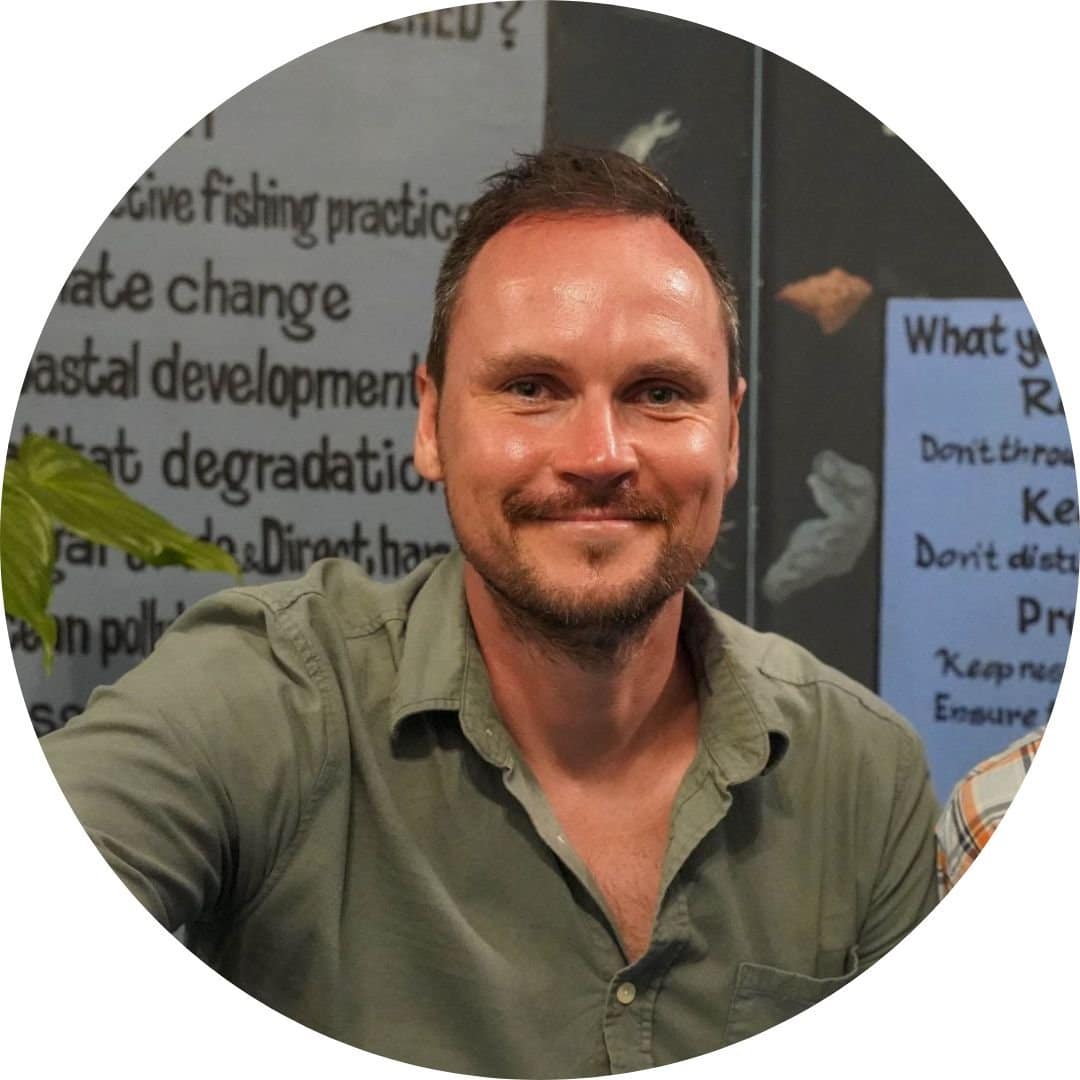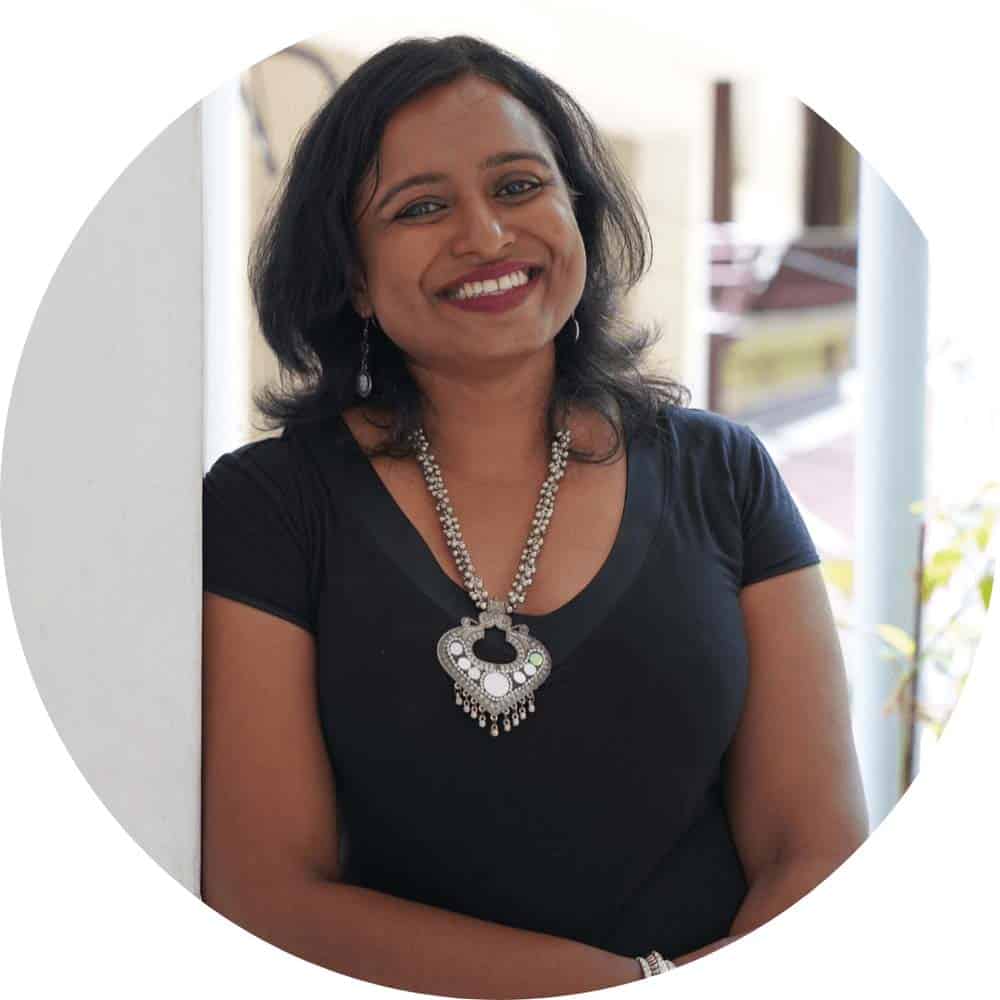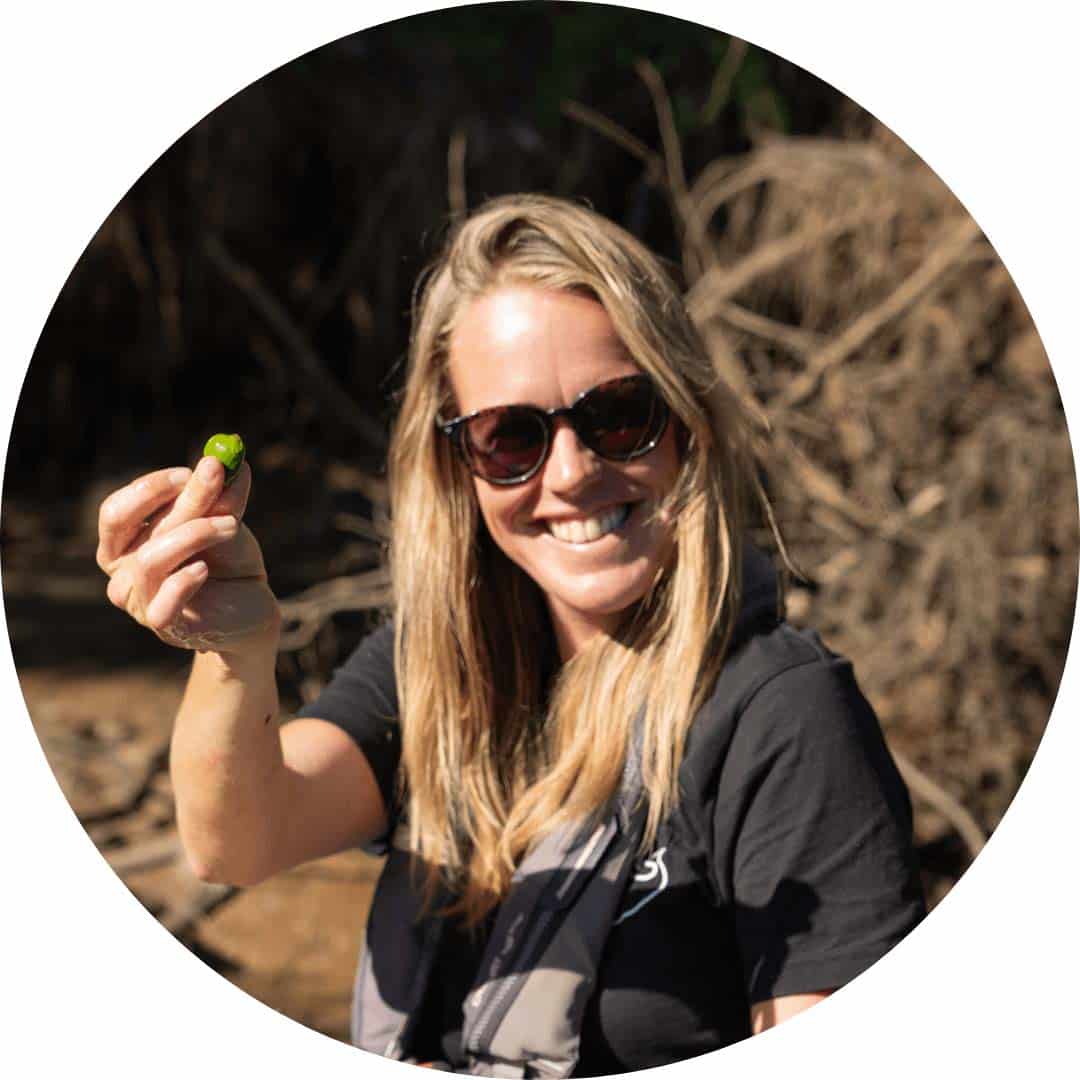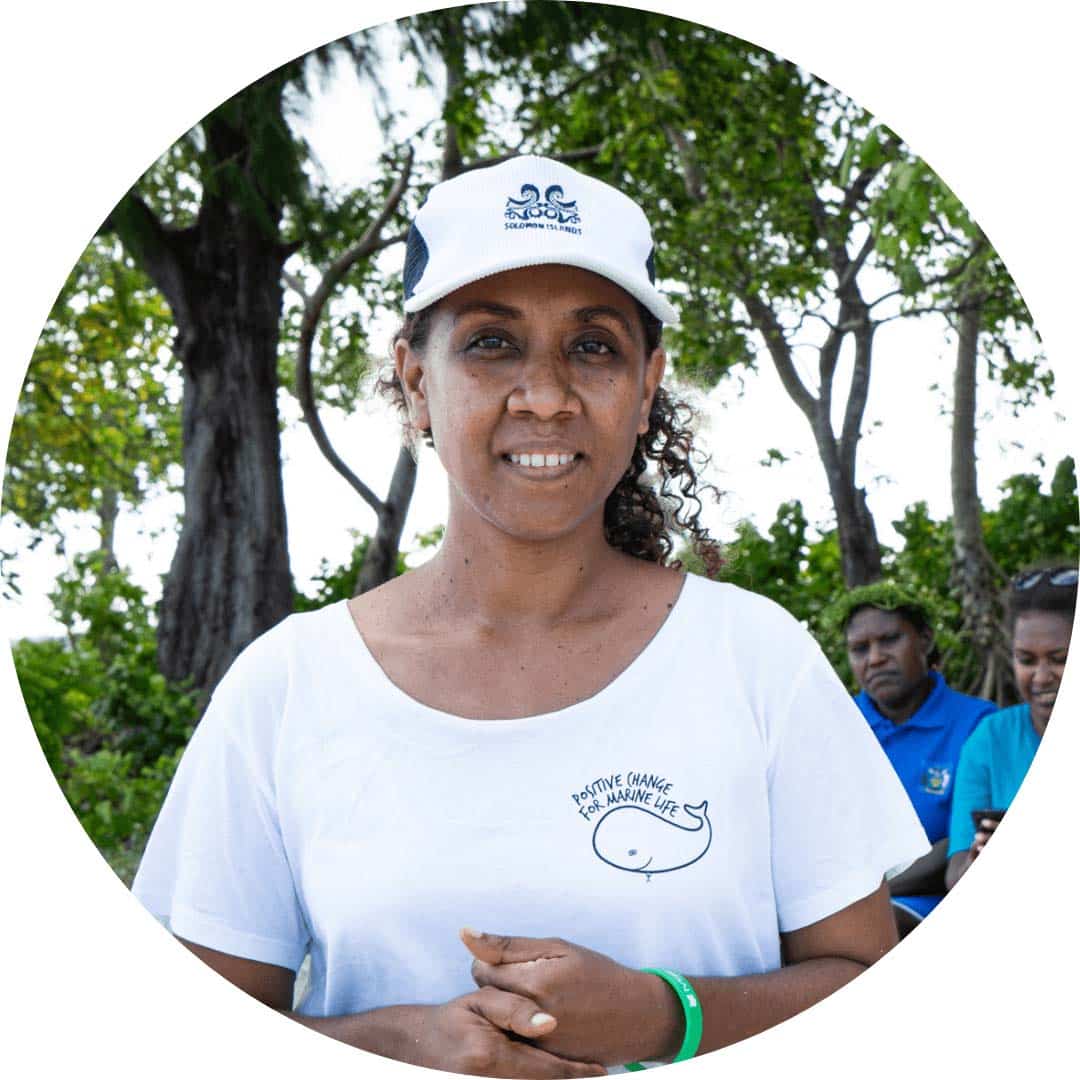2023 Global Program Highlights & Impact Report

A MESSAGE FROM OUR CEO, KARL GOODSELL
“As we step into a new era of the Anthropocene, it’s increasingly clear that we need an urgent, unified approach to tackle the myriad challenges facing our communities and the systems that they rely on to thrive.
This year I was honoured and humbled to attend and present at the UN Biodiversity Conference (COP15) in Montreal, as well as the 5th International Marine Protected Areas Conference (IMPAC5) in Vancouver. Having the opportunity to connect with good friends and colleagues from around the world to discuss these challenges, as well as the solutions needed to enable them, once again reflected not only the commonalities that we share, but also the interconnectedness of nature and our place within it.
In hearing from and speaking with scientists, political leaders, First Nations and marginalised communities, corporate CEOs, and industry representatives, it’s evident that most of us share the same desire for climate action, nature restoration, and greater inclusivity and representation. The problem lies in how we navigate our incredibly complex, starkly different political, social, and economic systems, while keeping a rapidly increasing population content and sustained.
As we move towards 2030, I often find myself asking how we are going to achieve truly meaningful protection of 30% of land and 30% of the ocean in the next six and a half years? Perhaps the most ambitious of the 23 Global Biodiversity Framework (GBF) targets, my hope is that, even if falling short, the 30×30 target catalyses nations to prioritise a nature positive future, through an enormous investment of resources and capacity towards protected areas (PAs) and other effective area-based conservation measures (OECMs) that truly work. That means prioritising high-value conservation areas; connectivity; and globally representative, diverse ecosystems. It also means putting people first. A notion that we here at PCFML pride ourselves on…”
To continue hearing from Karl please read our full Annual 2022/23 Report HERE.

Dr Smitha Gnanaolivu – India Team Manager
“In my brief time with the team, I’m captivated by our community-led approach within some of the world’s most marginalised small-scale fisheries communities. Speaking to community members, especially the 92 marginalised women we employ, highlights the far-reaching positive impact of PCFML’s programs. I’m inspired by what I’ve witnessed and committed to expanding our work, aiming for a significant impact not only in southern Kerala but also in locations across India.”
INDIA HIGHLIGHTS:
Onboarded 111 businesses in the Waste Collection Service. The WCS now enables 294 households (~1800 people) to sort, manage and recycle their waste!
Removed a mammoth 6182kg of solid waste and 3879kg of organic waste from polluting the land, water, ocean, and our communities.
Produced 1800kg of certified organic compost from the 3879kg of organic waste collected.
Launched our Fishing for Change program with ~30 members
AUSTRALIA HIGHLIGHTS:
Commenced rewilding of 1km2 of mangrove and riparian forests on the Brunswick River with assistance from the NSW DPE and Southern Cross University.
Recruited and trained 42 volunteers in citizen science focused projects, planting, learning about and monitoring wetlands and riparian areas.
Facilitated multiple clean-up events, notably at Kingscliff foreshore and Byron Main Beach with our partners from several regional corporations.
Planted 700 native riparian tree species along the bank of the Brunswick River
For more impact statistics please read our 2022/2023 Annual Report here

Lauren Morgan – Wetlands and Coastal Programs Coordinator, Northern NSW Australia
“As the Rewilding our Floodplains Coordinator, I’m thrilled with the progress of our coastal programs in northern NSW and SE QLD. Despite the challenges posed by the 2022 floods, we’re intensifying rewilding efforts along the Brunswick River catchment. Our small yet dedicated core Australian team, alongside inspirational partners and volunteers, remains committed to achieving objectives for healthy waterways, resilient coastlines, and thriving communities that recognise the vital role of blue forests in our way of life.”
SOLOMON ISLANDS HIGHLIGHTS
Expanded the Waste Collection Service (WCS) to 80 households (~400 people).
Imported over 100,000 ‘ocean-friendly’ alternative products for our Leave No Trace project.
selected to be the Chair of the Western Provincial Network for Sustainable Environment (WPNSE) next year, the peak alliance of environmental non-profits advising government and developing programs in the Western Province. This includes the likes of WWF, WCS, and World Fish.
Collected an astonishing 633,482 individual items from underwater dive and beach clean-ups. This included cleaning up a completely waste-covered Japanese WWII shipwreck so that it could become a dive site again!

Zelda Hilly – Community Engagement Coordinator, Gizo Island, Solomon Islands
“With the Pacific Games and a national plastics ban approaching, our Gizo Town projects aim to influence countrywide waste policies. Proud of our team’s humble start, strong local partnerships, and international alliances, we’re expanding into Rewilding and Fisheries programs in the Solomon Islands. We’re excited about our continued growth working to preserve our islands for future generations.”
For more impact statistics please read our 2022/2023 Annual Report here
GIVE OUR PROGRAMS A GIFT!
$2 can replace 100 single-use plastic cups with organic leaf bowls, creating long-term supply-chain solutions.
$20 will help provide alternative employment in our Rewilding our Floodplains program for a local fisher.
$40 will cover the cost of full surveys for a week for our Fishing for Change monitoring program.
$200 will service the 294 households in our Waste Collection Service for one month!
$500 will cover the cost of building a micro-hub within the community for local waste sorting and recovery.
$1000 enables 50m of priority mangrove forests to be planted!